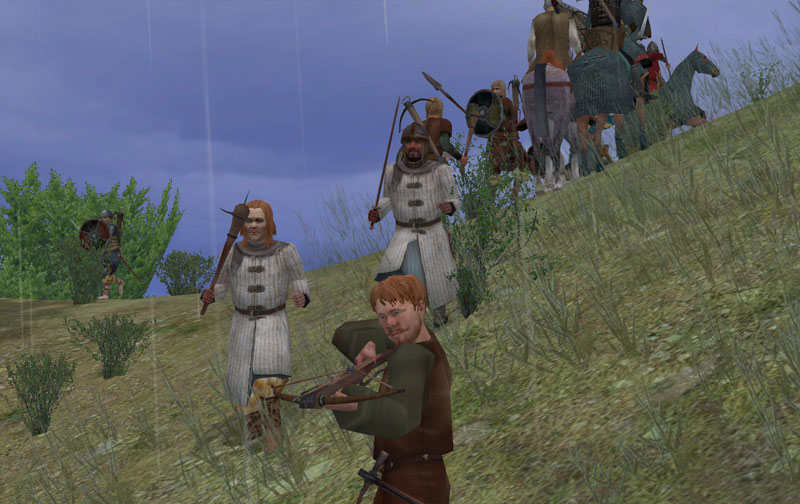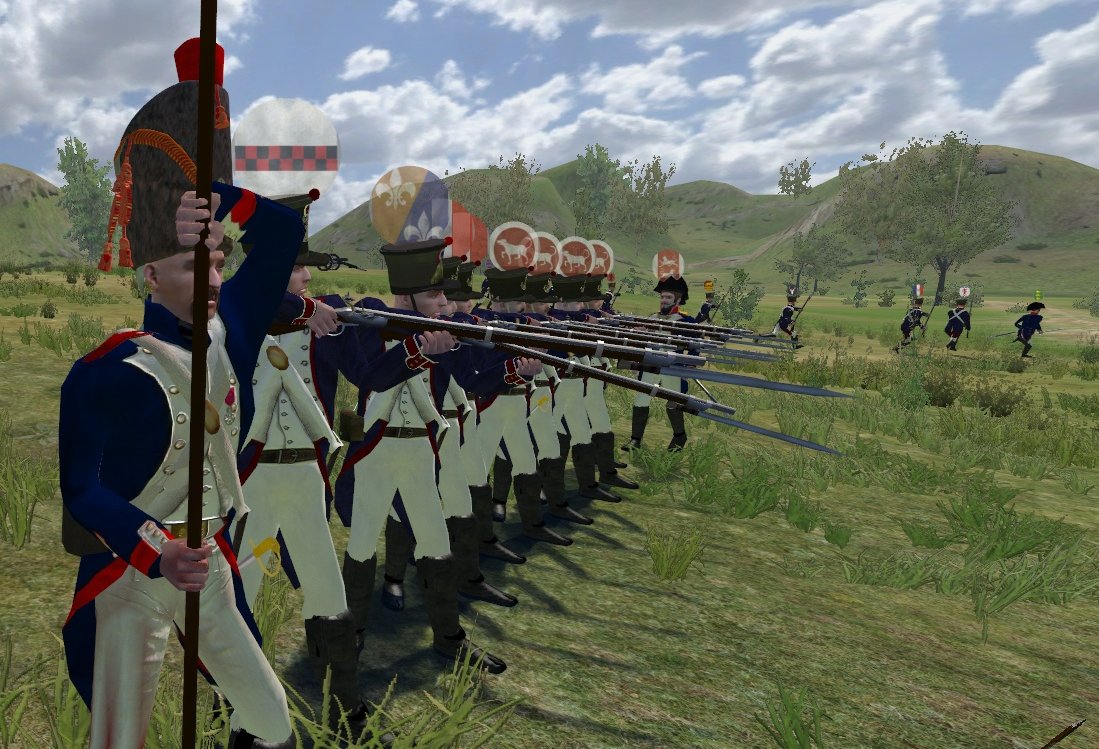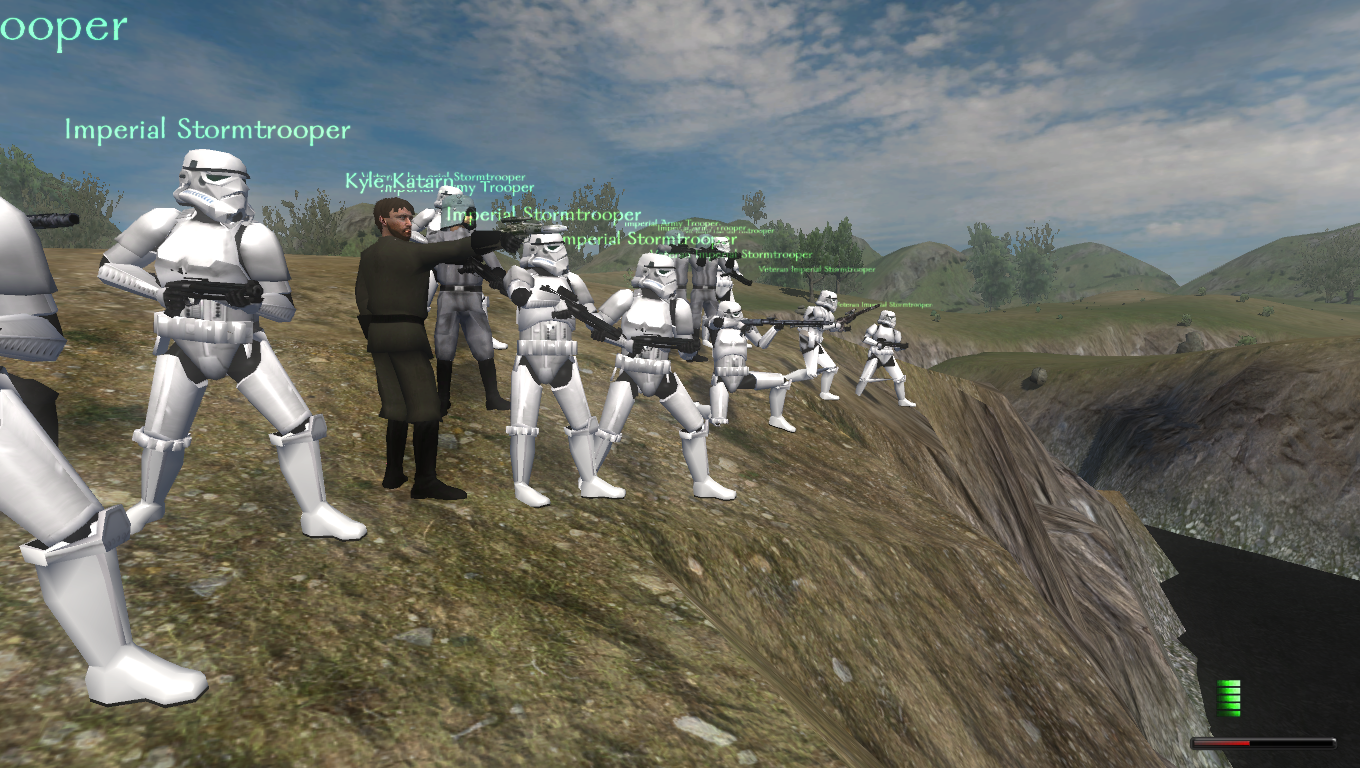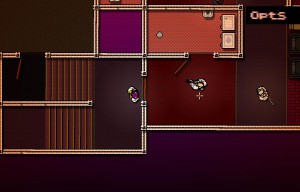Mods or Modifications are changes made to a video game that range from slightly editing certain mechanics or stats to change the game to a player’s liking to going as far as making an entirely new game out of one that already exist. Mods have been around nearly as long as video games have been inside our homes. Early PC games could be opened and their code altered right on the disk with no problems. Players would add their own content to the game, sometimes vastly increasing the size of the overall game. This led to people swapping their own versions of games that they had toyed with themselves. So Modding a game is nothing new, yet it was not until the internet started taking off that it reached a whole new level. One of the best known examples of an early Mod is Counter-Strike. It all started with two fans of Half-Life who wanted to make a multiplayer component for the game. Eventually they settled on a terrorism theme and created weapons and levels based off of real counterparts. Counter-Strike took the online community by storm and caught the eye of Valve, the creators of Half-Life. They liked the Mod so much that they hired its creators to come work for them and release a commercial version with a much larger team and budget. Today Counter-Strike is one of the most successful PC shooters around and has had three commercial releases as well as numerous additional Mods made for it.
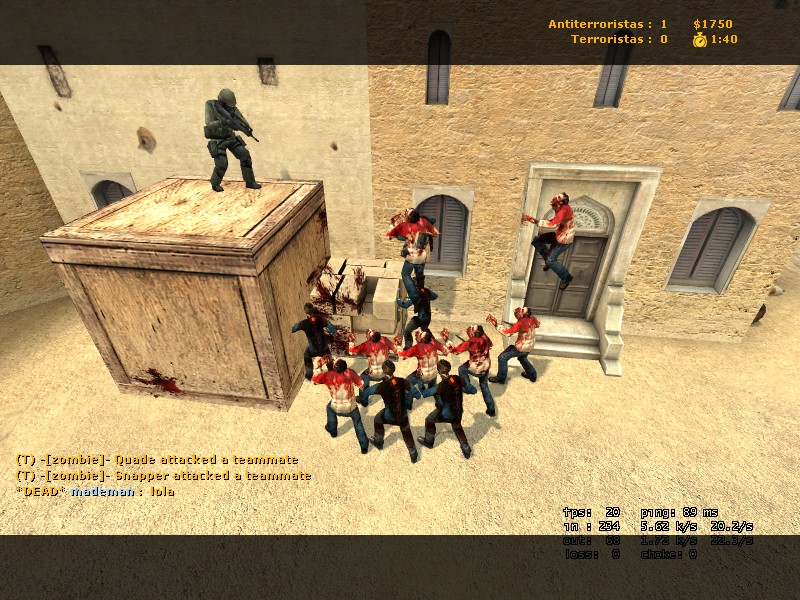 One such mod has players fighting each other as Humans vs Zombies with the Human players turning into Zombies upon their deaths.
One such mod has players fighting each other as Humans vs Zombies with the Human players turning into Zombies upon their deaths.
Mods have become a staple of PC gaming as they allow players to change the game to suit their own desires. Many PC developers not only allow Modding but fully support it as it essentially gives their game more content, which may in turn increase sales, and they didn’t even have to lift a finger. Some developers go a step further and purposefully make their code easy to access and alter or even create modding tools that can be used by the community. If you have ever played a more recent Elder Scrolls game then you have probably played with a few Mods yourself or been asked if you would like to install the editor. These tools and freedom when it comes to altering a game can make a video game so much more than it already was and bring a dead or less-popular title into the limelight. A good example is the simulator turned video game Arma 2. Though there is a hardcore fanbase for the game, the overall community is rather small and the sales, while good, have never been anything to awe over. However, that changed when the Mod DayZ was released, a zombie survival game where one had to forage food, ammo, and anything useful they could find all in a map covering several miles, while simultaneously avoiding potentially hostile players and the obviously hostile zombies. Arma 2 became a top seller on Steam for several weeks during their annual Christmas sale even when it was being charged at is full price, a rare, if not impossible, feat to accomplish. The makers of DayZ have now teamed up with the developers of Arma 2 who will together release DayZ as a polished commercial product just as what happened with Counter-Strike years before it.
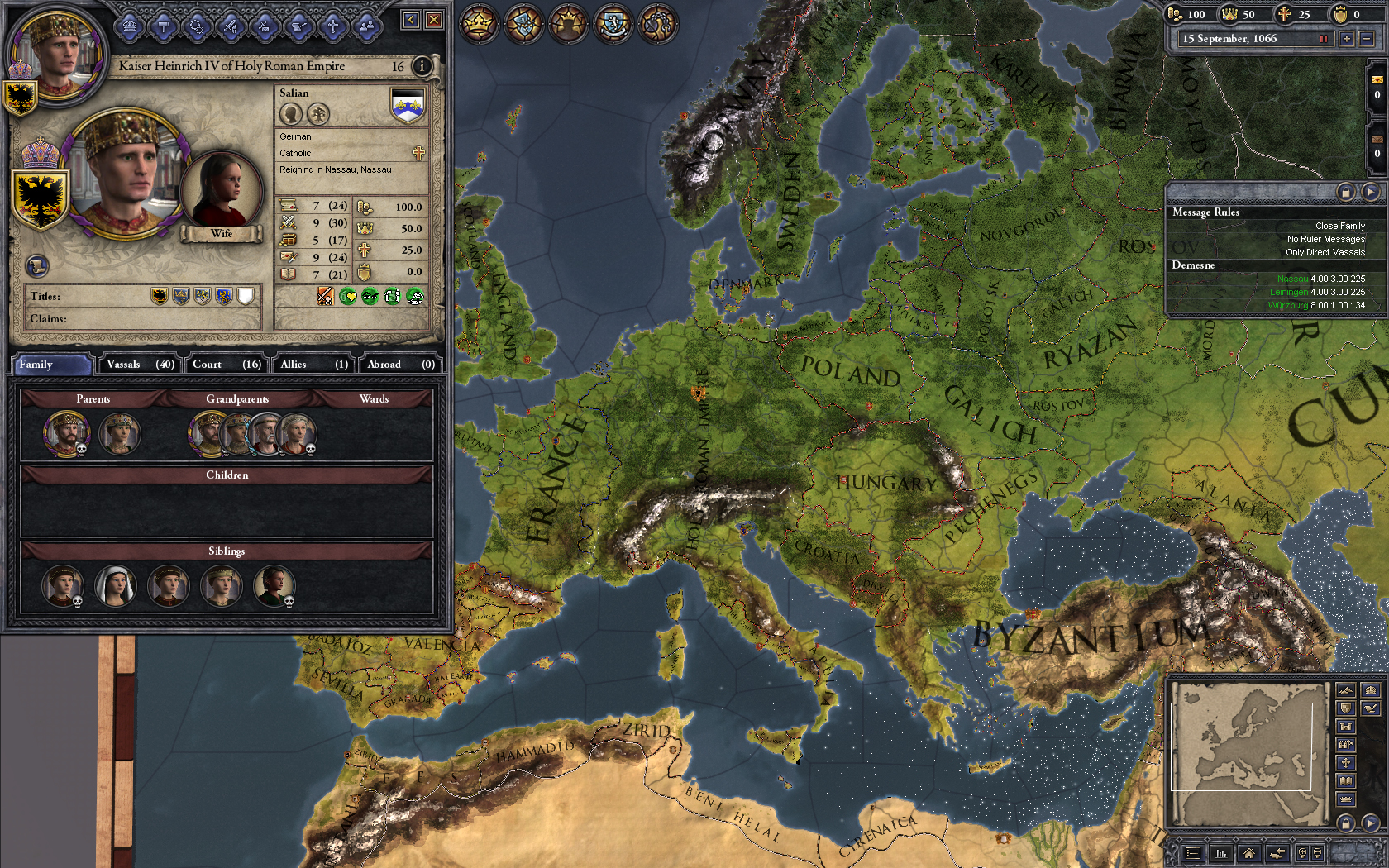 Like games where you play as a medieval lord?
Like games where you play as a medieval lord?
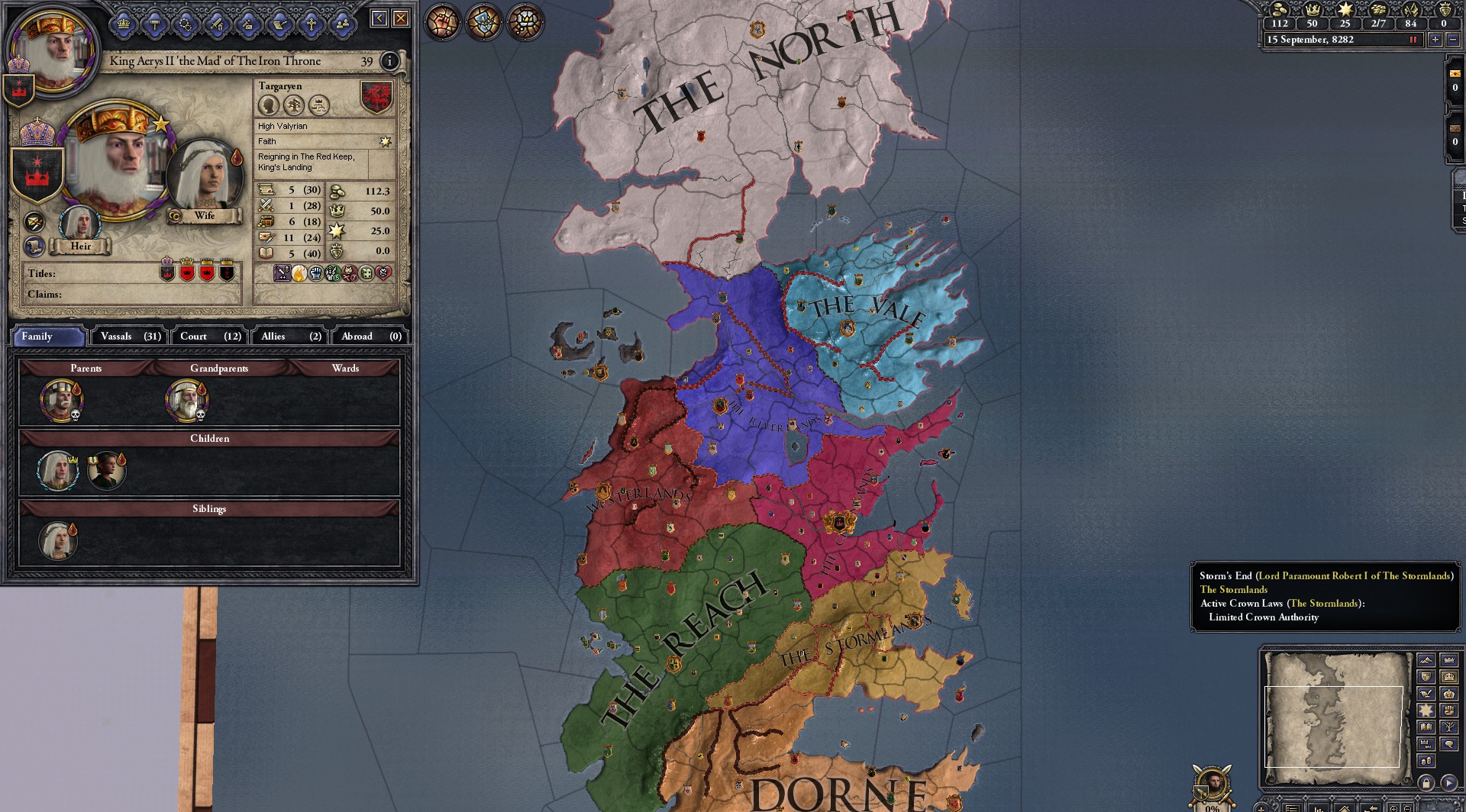 What about games where you play as a lord of Westeros?
What about games where you play as a lord of Westeros?
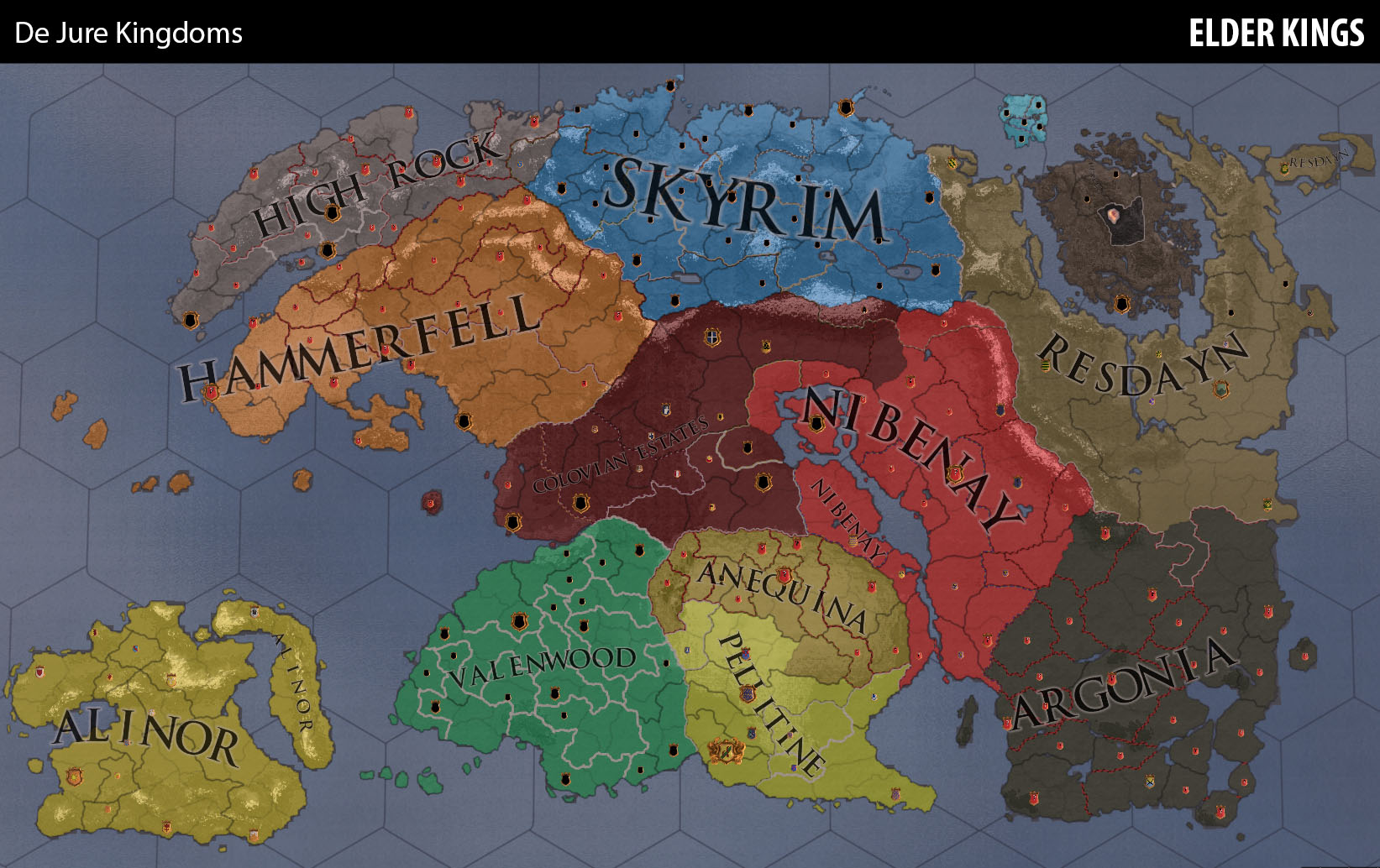 Or would you prefer being a King in Tamriel?
Or would you prefer being a King in Tamriel?
The moral of the story is Mods are good. They take games and make more games out of them. They do not harm the developers, in fact, often doing the opposite and making them more money. Developers should not only allow Mods but embrace them, making them easier to build and share while we as gamers should reward those who empower us to play games as we see fit. Video games are both an artform and entertainment, and opening the doors to allow us as a community to create our own art and entertainment, well…that just seems like good manners. Mods are a wonderful thing and I cannot wait to see what the vast imaginations out there can create next.


